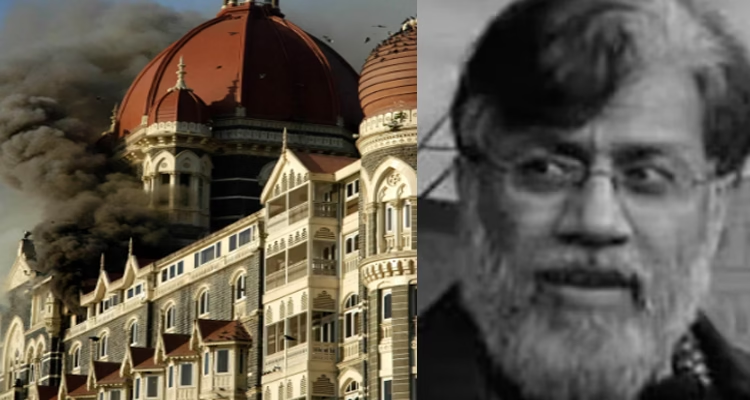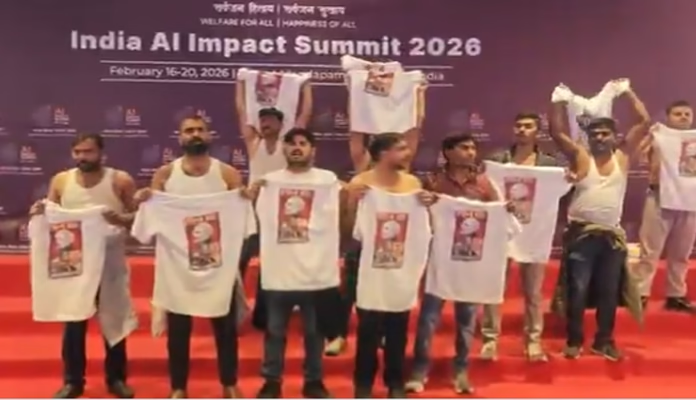
Washington, D.C.: In a major diplomatic win for India, the U.S. Supreme Court has cleared the extradition of Tahawwur Rana, convicted for his involvement in the 2008 Mumbai terror attacks. Rana, a Canadian citizen of Pakistani descent, had previously lost several legal battles in lower courts to block his extradition and had taken his case to the highest court in the United States. With this ruling, all of his legal options have been exhausted.
The U.S. government had strongly advocated for Rana’s extradition, with U.S. Solicitor General Elizabeth B. Prelogar urging the Supreme Court to reject his appeal. Rana’s extradition had been a long-standing request from Indian authorities, who sought justice for his role in the horrific attacks.
Rana was closely linked to David Coleman Headley, a Pakistani-American and key conspirator in the 26/11 attacks. Headley, who was a member of the terrorist group Lashkar-e-Taiba (LeT), helped plan the attack, which led to the deaths of 166 people and injuries to over 300.
Notably, the 26/11 Mumbai attacks were a series of coordinated terrorist assaults that began on November 26, 2008, and lasted until November 29. A group of 10 LeT militants carried out shootings and bombings across key locations in Mumbai, including the Taj Mahal Palace Hotel, Oberoi Trident, Chhatrapati Shivaji Terminus, and the Nariman House.
The attacks shocked the world, drawing widespread condemnation for their brutality. As the terrorists carried out their assault, Indian security forces swiftly mobilized to end the violence. By the morning of November 28, most locations had been secured, and the final operation, “Operation Black Tornado,” by the National Security Guard (NSG), brought the last of the attackers to an end at the Taj Hotel, effectively concluding the siege.
Rana’s extradition is a significant step towards securing justice for the victims of this tragic and




